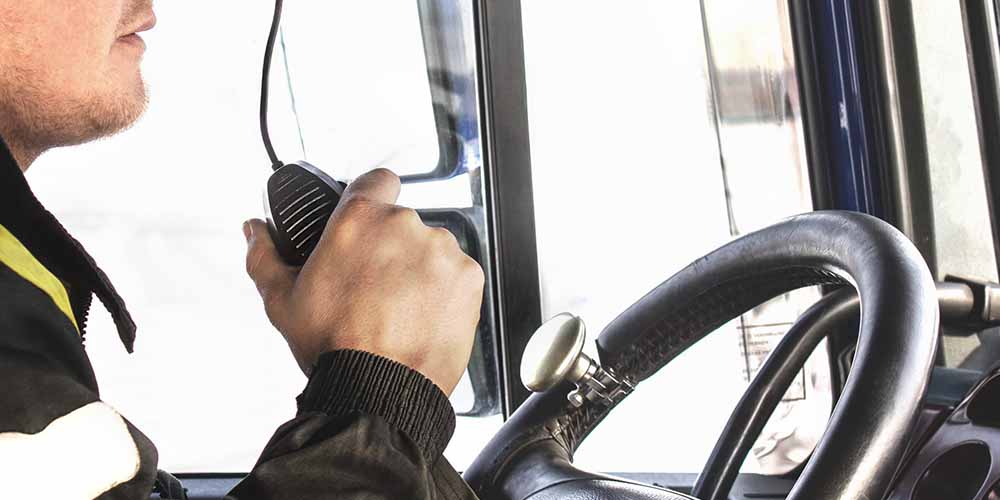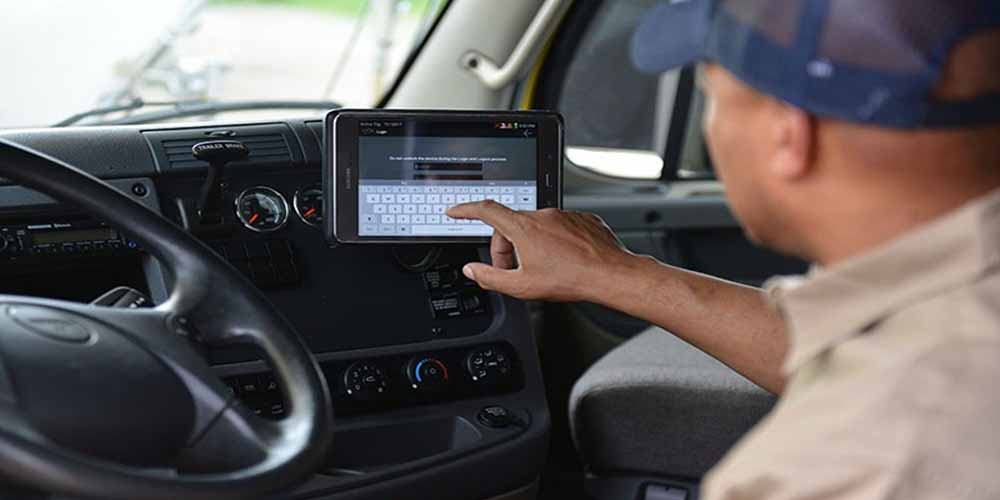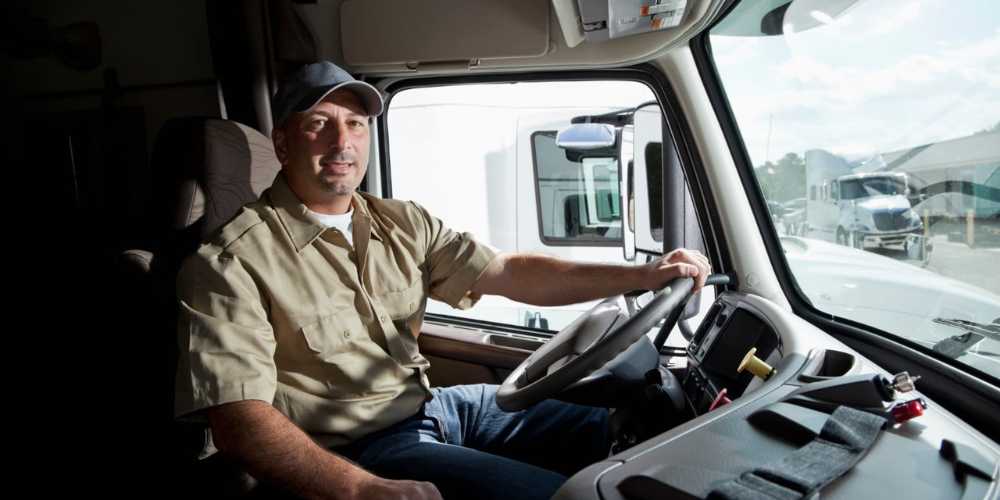5 Communication Skills Every Truck Driver Should Master

Truck drivers are skilled professionals responsible for transporting goods by operating large vehicles. To ensure safe and efficient deliveries, they rely on both communication and safe driving skills. Whether you’re currently a truck driver or aspiring to be one, understanding and developing these essential skills can help you perform better and succeed in your career.
Why Is Communication Important for Truck Drivers?
Trucking companies are complex businesses with many stakeholders, high stakes, and countless moving parts. Plus, these complex facets are usually spread across large geographic areas, complicated by many supply chain variables beyond any one professional’s control. Communication is essential for keeping everything running smoothly and successfully.
The Importance of Communication for Truck Drivers
The trucking industry is complex, involving multiple stakeholders, high stakes, and a range of moving parts. Trucking operations also span large distances, with supply chains affected by variables beyond a single individual’s control. Communication is the vital link that keeps all these elements functioning smoothly. Here are a few key reasons why communication is essential for truck drivers:
Clear Radio Communication

While the cell phone and Bluetooth seem to be any driver’s devices of choice, the CB radio still proves to be relevant in today’s trucking industry. After all, cell towers still don’t provide seamless coverage in remote areas. Thus, the CB radio comes in handy when you, the driver, need to inform the receivers of a delay due to weather, traffic, and/or road conditions. By accessing Channel 19 for highway reports and Channel 9 for assistance in an emergency, you always have a means of giving and receiving vital information.
Likewise, drivers may ask each other about these conditions in various locations. For instance, if you’re approaching the Denver area during the winter time, you can contact other drivers on the same channel who are miles ahead to ask about road closures and icy conditions. After gaining this information miles ahead of time, you can then make changes to the route or notify the receiving warehouse and dispatcher of possible delays.
Professional Customer Interaction

Furthermore, drivers also serve as a representative of the company that they work for and even their own business if the driver is an owner/operator. For this reason, tactful and clear communication is important even when dealing with a difficult situation. In other words, if you run into a delay due to road closures, snow storms, and a lack of alternative routes, and the client doesn’t quite comprehend the severity of the situation, you still need to maintain your calm and professionalism while explaining the reason for the delay. After all, you still want to leave a good impression of your company in the hopes of maintaining a solid business relationship.
Emergency Communication Preparedness

In the event of a catastrophe, your ability to relay your location and the status of other drivers and passengers in the immediate area can be a matter of life and death. Whether you’re lucky enough to have cell service, or you have to rely on your CB radio, you’ll need to remain vigilant on the road and be able to tell which mile marker is closest to your location as well as describe other significant landmarks. All these details will quickly lead first responders to your location and result in a positive outcome. In the meantime, you have to stay calm and keep your composure–two factors that play a major role in communication during an emergency.
Customer Service Excellence

And of course, nothing can replace stellar customer service that includes congenial (yet brief) conversation. From friendly greetings to consistent updates while you’re en route, communication leads to repeat business with clients. Plus, effective and attentive listening lets your clients know that you value their input and place any of their questions and concerns in high regard. Being the face of the company that you represent or your business, if you’re owner/operator, involves conveying and receiving information as professionally and respectfully as possible.
Active Listening Skills

Listening is equally as important as spoken and written communication, as it enables one to receive critical instructions and valuable information essential for a successful shipment. Active listening requires complete attention to the remarks made by clients, dispatchers, and warehouse managers.
This practice includes asking pertinent questions to clarify instructions and restating key points to ensure mutual understanding. By demonstrating a genuine concern for the input of co-workers, managers, and clients, one cultivates an environment conducive to success in all facets of one’s professional responsibilities.
Professional Customer Interaction
This is the ability to understand and convey information to others. This is important for you as a truck driver, because you typically interact with many people, including other drivers, clients, and fleet managers. You may share details about arrival times and potential issues with the cargo. You can also communicate with other drivers via radio to stay informed about possible obstructions and road work.
Conclusion
In the fast-paced world of trucking, effective communication is the key to a successful and safe journey. We’ve explored five essential communication skills that every truck driver should master. As we wrap up this discussion, it’s crucial to understand that these skills are not just tools; they are the building blocks of a successful trucking career. Zenith Institute of Logistics provides a comprehensive training program that keeps you a step ahead of the rest as you start your career as a truck driver.
Frequently Asked Questions
Attend a reputable truck driving school for formal training and obtain a CDL – Seek mentorship from experienced drivers, participate in defensive driving courses, and specialize in different types of trucking to broaden your skill set- Stay updated on industry trends.
By joining professional associations, attending industry conferences or webinars, and following reputable publications, newsletters, and websites.
This may involve using two-way radios, CB radios, cell phones, and GPS devices to maintain communication with other drivers, and dispatchers, and receive traffic updates.
A driver should communicate with another driver on the road using polite and clear signals, such as hand gestures, turn signals, and headlights, to indicate their intentions or acknowledge the actions of the other driver.
Recommended Posts

Class A Vs. Class B CDL- Which is Better?
March 27, 2025

Essential Mobile Apps for Truck Drivers in 2025
February 25, 2025

How Long Does It Take to Get a CDL
January 3, 2025

